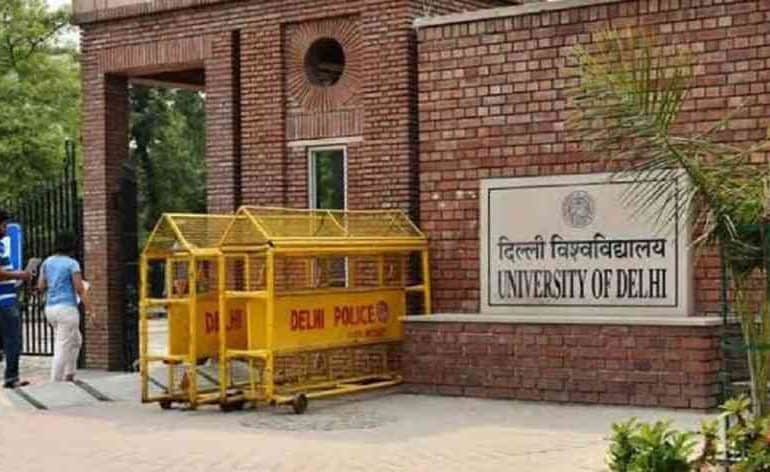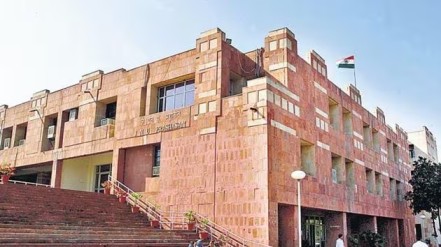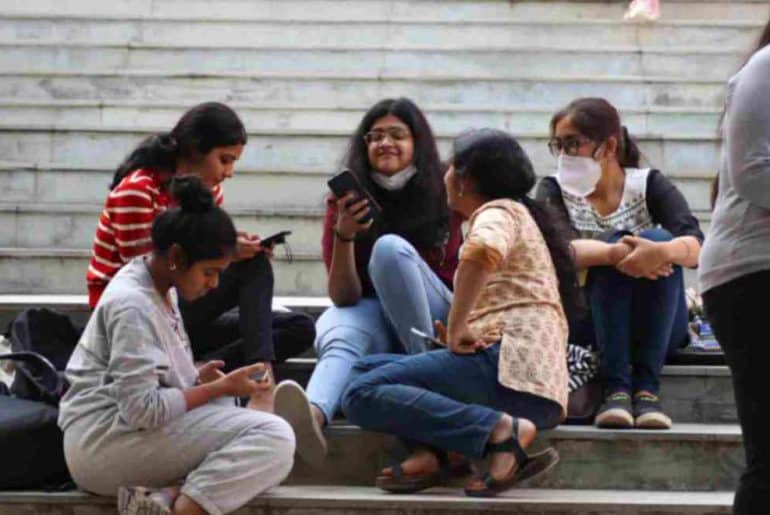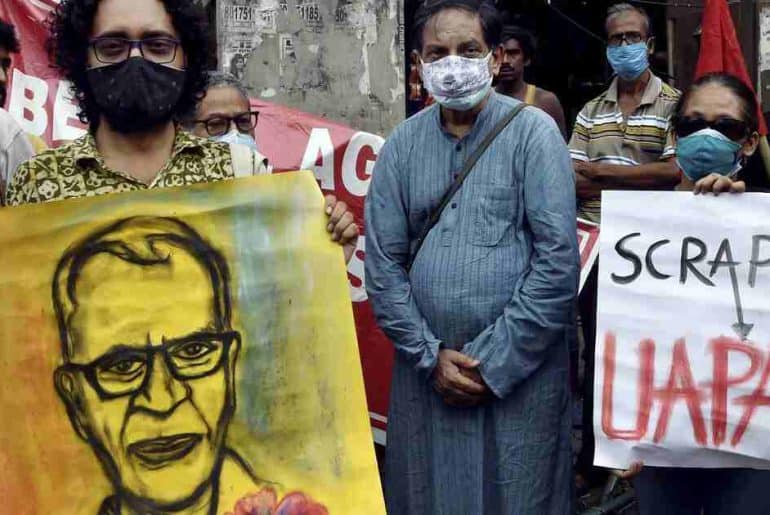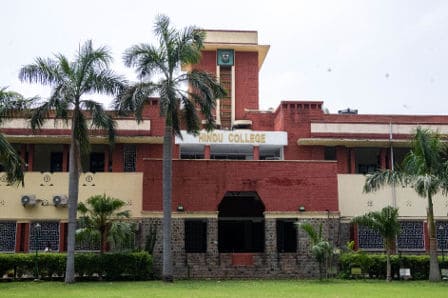In the heart of Maharashtra’s sugarcane fields, a sinister reality unfolds as women laboring
for giants like Pepsi and Coca-Cola face exploitation through forced hysterectomies,
overshadowed by corporate profits.
About a third of the sugar produced in India, the second-largest producer in the world, comes
from the state of Maharashtra alone. Maharashtra is a key supplier of sugar to global
corporations such as PepsiCo, Coca-Cola, and Mondelez, the parent company of Cadbury. The state
prides itself on the sprawling 1.487 million hectares of lush sugar cane fields with about
203 crushing factories producing 138 lakh metric tons of sugar every year becoming the
state’s major support system. One such district is Beed, although this one in particular is one
that the state shouldn’t be proud of.
This picturesque field of Maharashtra hides a darker reality – the exploitation of women at the
hands of sugar-producing companies. While these companies reap immense profits from the
sweet harvest, the women toiling in the fields are left to endure the bitter impacts on their
health. The issue dates back almost 30 years, when the New York Times interviewed some of
the women working in the fields to find out that the vicious cycle starts with underage girls
getting married off to the men working in the field which ropes them into a contract that seems more like lifelong slavery than wedlock. The men and women are expected to work alike at the same potential for 16-hour-long shifts every day without breaks. Tampons and pads are expensive and hard to find, and without access to running water, women address their periods in the fields with reused cloth that they try to wash by hand. The fields are located in remote locations, and it’s a whole other world in itself with workers
living under tarps, and companies seeking forced hysterectomies as a way to combat the issue of
lack of washrooms on the field.
One local government report surveyed approximately 82,000 female sugarcane workers from
Beed and found that about one in five had had hysterectomies. A separate, smaller
government survey estimated the figure at one in three. Women, already marginalized and
disadvantaged, are coerced into undergoing these surgeries under the guise of ‘health
benefits’ or as a means to prevent pregnancy or period leaves from work. This reprehensible
practice not only robs women of their bodily autonomy but also perpetuates a cycle of
systematic abuse and inequality. The issue at hand unveils a centuries-old taboo enveloping
menstruation, casting a shadow of “unsanitary” perceptions upon women during their natural
cycle. This mindset, steeped in misconception and bias, tragically manifests in the coercion of
women into undergoing hysterectomies, all in the name of the illusion of “cleanliness” on the
fields.
According to the New York Times, sugar producers and buyers have known about this abusive system for years. Coca-Cola’s consultants, for example, visited the fields and sugar mills of western India and, in 2019, reported that children were cutting sugar cane and laborers were working to repay their employers. They documented this in a report for the company, complete with an interview with a 10-year-old girl. In an unrelated corporate report that year, the company said it supported a program to “gradually reduce child labor” in India possibly referring to their plans to increase hysterectomies. This Great Indian exploitation game is nothing less of a spectacle, when women working in these harsh conditions visit the nearby gynecologists with problems like forming of cysts and irregular periods, the doctors take advantage of their patients’ illiteracy and are given an ultimatum that “hysterectomy” is their only option. The whole process is orchestrated not only by the companies but also many health practitioners from the district. These major companies even have moral codes of conduct for their workers which they evidently throw out the window in a bid to make corporate profits. After facing backlash and solely because people threatened to boycott the brand, Pepsi released the most generic statement expressing their grief over the issue while Coca-Cola still hasn’t issued a statement and continues to live in ignorance.
Of the many stories that flood the Indian news channels, none have ever made reports on this
issue, it’s as if they would rather turn a deaf ear than face the truth. In conversations with
reporters from The Fuller Project, as the workers gave them a peek inside their lives, they
sang folk songs which were inspired by Bhimrao Ambedkar in unison and had only thing to
ask everyone who visits the field, a promise; that one day the world will know their plight.
Featured Image Credits: The Fuller Project
Read Also: Feminism: A Belief or a Tagline?
Saanvi Manchanda
[email protected]


